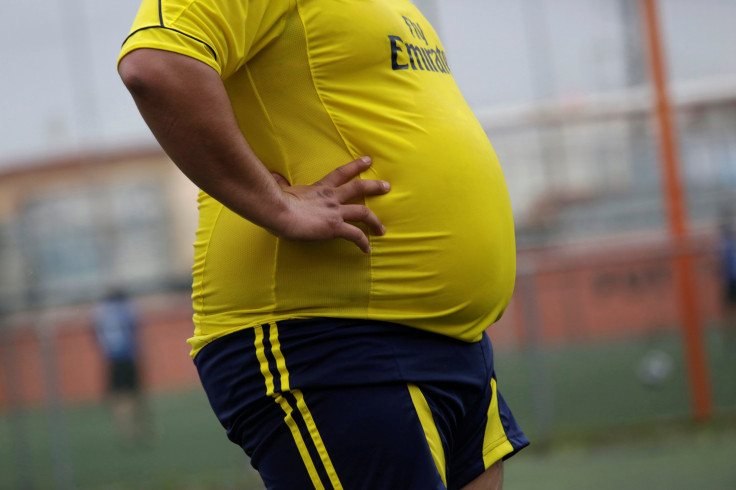Weight Loss Tips: 3 Ways To Keep Pounds Off

Are you still struggling to shed the weight from the holidays? If you are like most people, it's a difficult journey to lose the excess pounds gained, but a new study has yielded that there are three small habits that can help. The findings of the research were published on BMJ Open, tracked nearly 60,000 people, and discovered that if you eat slowly, avoid snacks after dinner and don't eat within two hours before going to sleep, you can lose weight.
The study surveyed people in Japan with diabetes that did regular checkups between 2008 and 2013. These people were asked about their eating habits and were made to categorize the speed at which they consumed food. At the start, more than half of the people said to eat at a "normal" speed while a third admitted to being "fast" eaters and the rest self-identified as "slow" eaters. Researchers found out that the people that ate at a normal speed were less likely to be obese compared to the fast eaters. Those that said they were slow eaters were 42% less likely to be overweight.
It is to be noted that the study did not conclude that the speed of eating prevented obesity, only that they are linked. "Practices that impose some mindfulness and discipline on eating may help with both losing weight and staying healthy," Dr. David Katz, director of the Yale-Griffin Prevention Research Center in Derby, Conn., who had no part in the study, told Health Day. "Avoiding food in the hours just before sleep also suggests a more thoughtful approach to diet that involves some reasonable constraints."
Authors of the study added that people changed the speed of their eating through the research that suggests that if you modify the way you eat you can lose weight.
There are some detractors to the findings of the study like Ian MacDonald, professor of metabolic physiology at the University of Nottingham. “It is certainly not appropriate to extrapolate from these observations to conclude about eating speed and the development of obesity – however attractive the idea that fast eaters are likely to eat more, and that eating more leads to weight gain,” he told The Guardian.
Tam Fry, chairman of the National Obesity Forum, seconds the study backs up the outcome of the research. “The speed at which a lot of people wolf down their food is undeniably a contributor to obesity," he said (via The Guardian). "It takes fast eaters longer to feel full simply because they don’t allow time for the gut hormones to tell the brain to stop eating. Eating quickly also causes bigger blood sugar fluctuations which can lead to insulin resistance. In particular, workers who snatch their lunch at the desk are doing their health no favours. They should stop what they’re doing, switch off their phones and emails and preferably take a half hour away from the office altogether."



























